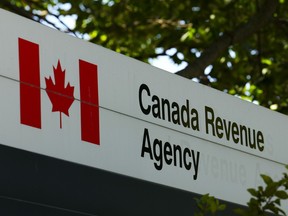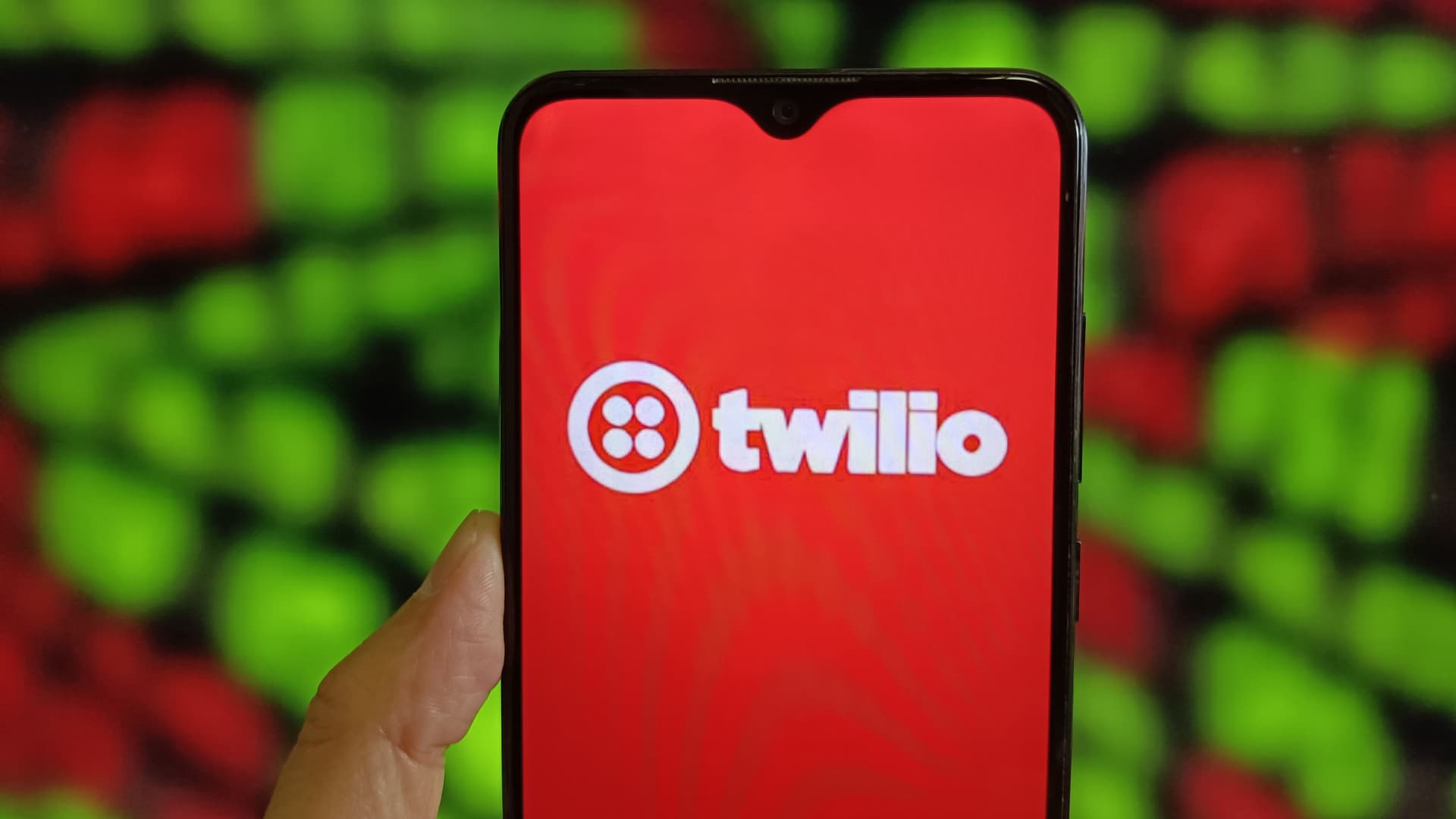It is possible for a business loan to affect your personal credit, whether through the application process or in the case of a loan default. Understanding the potential effects of a small-business loan on your personal credit can help you minimize the impact and encourage you to keep your business and personal finances separate.
We’ll start with a brief questionnaire to better understand the unique needs of your business.
Once we uncover your personalized matches, our team will consult you on the process moving forward.
The difference between personal credit and business credit
Just like a personal credit score is a measure of an individual’s creditworthiness, a business credit score is a reflection of a business’s creditworthiness, or ability to take on and repay debt. Personal credit is tied to an individual’s Social Security number (SSN), while a business’s credit history is tied to an employer identification number (EIN).
Some of the factors that determine a business’s credit score are how long the business has been operating, whether there are any liens or collections in the past seven years, payment history and the age of your open accounts. Similarly, payment history, the length of credit history, credit utilization and when you last applied for credit are all factors that affect a personal credit score.
When a business loan affects personal credit
An active business loan shouldn’t appear on your personal credit report, even if you’ve signed a personal guarantee. However, there are ways that business loans can impact personal credit.
Credit inquiries
During the business loan application process, most traditional lenders will pull a copy of your personal credit report — known as a hard credit inquiry. Hard inquiries appear on your credit report, and may drop your score by a few points; however, one or two inquiries won’t have a significant overall impact. These inquiries stay on your credit report for up to two years, but impact your score for about one year.
Loan default
If you default on your business loan — meaning you’ve continuously missed payments, or have stopped making payments entirely — it will negatively impact your personal credit score, especially if you have personally guaranteed the business loan.
A personal guarantee is essentially a legal promise that you, as an individual, will repay the business loan if the business can’t. It effectively ties your personal credit to a business loan.
Most small-business loans require a personal guarantee, including loans that are unsecured, meaning those that don’t require other collateral. SBA loans, for example, require a personal guarantee for anyone who owns more than 20% of the small business.
If you’ve signed a personal guarantee and default on your business loan, your lender will look to collect the payments from you as an individual. If you can’t pay, the lender can go after your personal assets.
Throughout the collections process, the lender will likely report the default to the major credit bureaus, which will show up on your personal credit report. Typically, defaults stay on your credit report for seven years, which can significantly impact your credit score, and make it difficult to qualify for financing in the future.
We’ll start with a brief questionnaire to better understand the unique needs of your business.
Once we uncover your personalized matches, our team will consult you on the process moving forward.
Business financing options that don’t affect your personal credit
Invoice factoring
Invoice factoring involves selling your unpaid customer invoices to obtain business capital. A factoring company advances you a portion of the money owed to you, then collects the invoice payment directly from your customers. Because the factoring company needs to assess your customers’ creditworthiness rather than yours, it’s far less likely to run a personal credit check on you during the application process.
Invoice financing
Similar to invoice factoring, invoice financing is a short-term business loan that uses outstanding customer invoices as collateral. Because this financing is secured by invoices, you may not be required to sign a personal guarantee, and some lenders may not even run your personal credit during the application process.
Invoice financing is usually fast to fund and can help cover cash flow gaps; however, it comes with a relatively high cost of borrowing compared with other types of small-business loans.
Business credit cards
Certain business credit cards don’t require personal guarantees, which can limit the potential impact on your personal credit. For example, the Ramp Card is a business credit card that doesn’t require a personal guarantee if you have enough cash on hand (at least $75,000). Similarly, Brex is a company that offers a business rewards credit card that doesn’t require a personal guarantee, but functions like a charge card — that means you can’t carry a balance on it for more than a month.
Tips for minimizing your business’s effect on your personal credit
Taking steps to separate your business from yourself as an individual goes a long way in minimizing your business’s effect on your personal credit, in addition to protecting yourself in the event that you go out of business or your business is sued.
-
Consider your business structure. The legal structure of your business impacts the extent to which your personal finances are tied to your business operations. If you have a sole proprietorship, for example, you will be held personally liable for any legal or financial problems that your business might have. In contrast, limited liability companies (LLCs) and corporations limit business owners’ personal liability, keeping your personal credit and assets safe against business debt obligations or lawsuits. Keep in mind that regardless of your business structure, if you’ve signed a personal guarantee and default on a business loan, your personal credit will be impacted.
-
Open a business bank account. Having a business bank account is a good way to establish the separation between your personal finances and your business, and is easy to do with an EIN.
-
Establish business credit. Having a solid business credit history reinforces the separation between you and your business. It also makes it easier to obtain financing without having to rely on your personal assets or credit. Registering your business, obtaining an EIN and using business credit cards can all help build your business credit.
We’ll start with a brief questionnaire to better understand the unique needs of your business.
Once we uncover your personalized matches, our team will consult you on the process moving forward.





















Discussion about this post